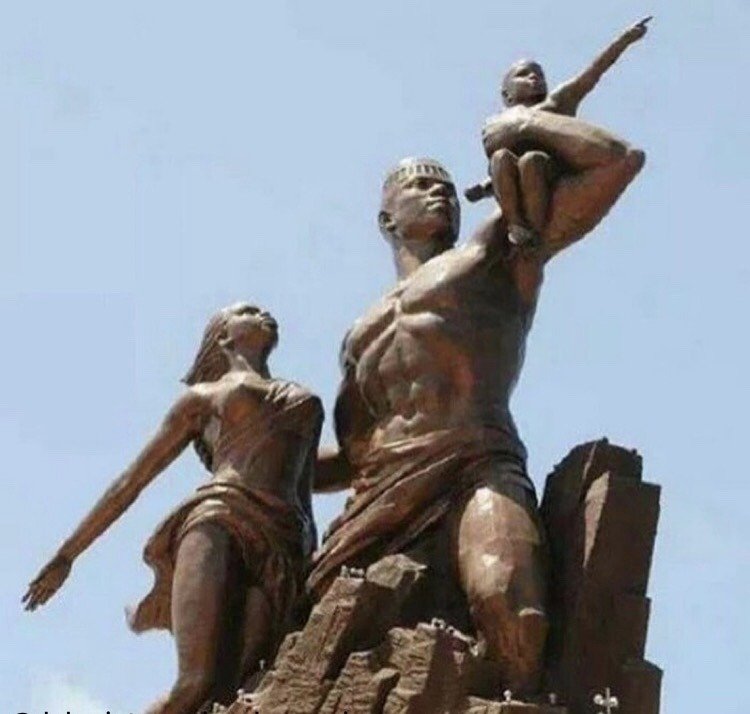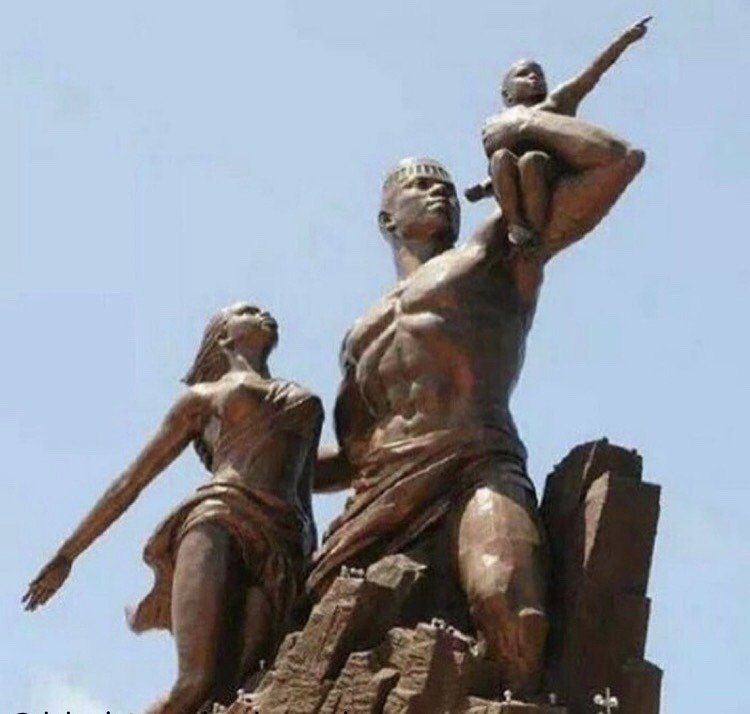
The origin of the Babur Bura people can be traced back to the 6th century.
History has it that at a point in time there was an exodus of people from Yemen in the Middle East to the Nile valley. And as at A.D.600, these people had not only dispersed, a good number of them had also reached the Sudan and Sahara.
Interestingly, the ancestors of Babur Bura together with other tribes like Luguda are believed to be among those who migrated from Yemen via Sudan through the Chad Basin [Kanem of Borno region] to the present Babur Bura land in Borno and Adamawa states.
Marriage:
Bura has a way of marriage policy when a female child is born, a suitor may propose by throwing a leafy branch of a certain tree into the mother’s hut. If he is accepted, he gives gifts as the girl grows up.
He works on her father’s farm and makes Zana matting for them when she reaches marriageable age, he organizes his friends to capture her and bring her to his house.
Belief:
Before the introduction of Islam and Christainity in the 1920’s, the Bura had their traditional religion known as Hyel or Hyel- taku.
The gods are represented by various objects such as water, stones, mountains or forests. And most sacrifices to gods are made on Saturday.
Language:
The Babur Bura language is linguistically classified as Afro-Asiatic, Chadic and Biu-Mandara. The Bura language has great affinity and similarity with Chibok, Marghi, Higgi , Kilba and Bazza.
The Babur Bura people are found in large numbers in Borno, Adamawa, Gombe and Yobe States.


